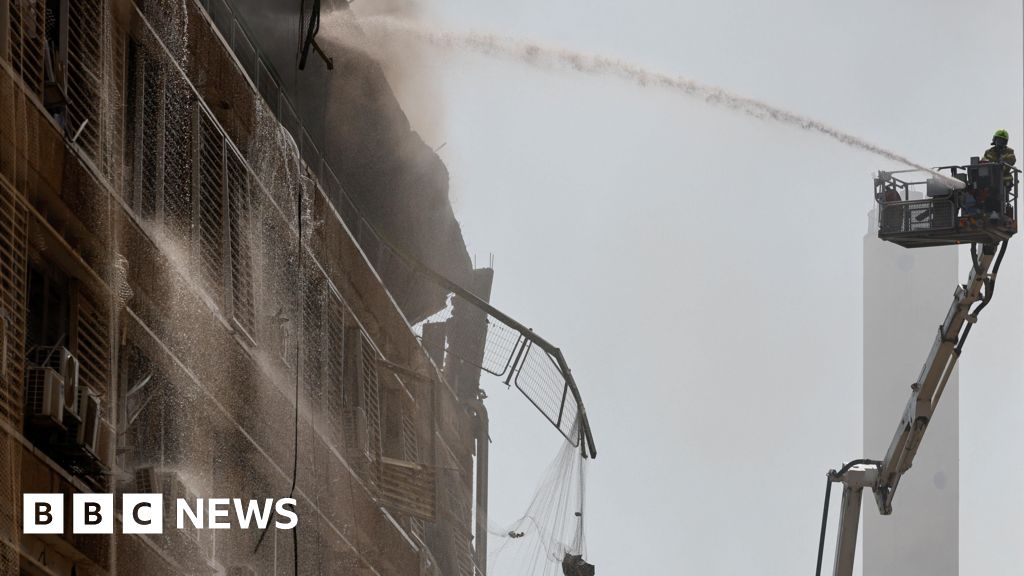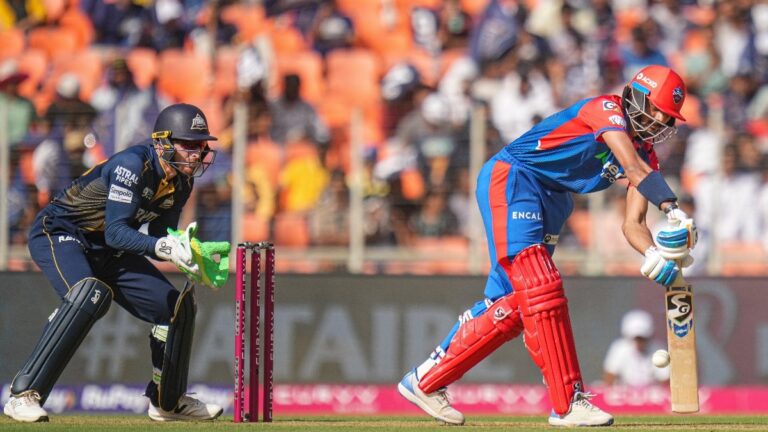Israeli Hospital Devastated by Iranian Missile Strike Amid Ongoing Conflict, Injuries Reported
Israel-Iran Conflict Escalates: Missile Attacks and Human Toll
The ongoing conflict between Israel and Iran is entering its seventh day, marked by severe military exchanges and increasing casualties on both sides. A significant incident unfolded when an Iranian missile struck the Soroka hospital in Beersheba, further intensifying the already volatile situation.
Missile Strikes and Casualties
On June 13, a barrage of missiles was launched from Iran targeting various locations across Israel, which reportedly resulted in injuries to 271 individuals. Despite Iranian claims that the missile aimed at a military site near Soroka hospital and not the medical facility itself, the collateral damage was alarming.
According to Israeli sources, at least 24 people have been confirmed dead in Israel since the conflict escalated. In contrast, Iranian state media reports indicate fatalities on their side have reached at least 224. The Human Rights Activists News Agency (HRANA) has raised this number, alleging 639 deaths in Iran since the onset of attacks.
Humanitarian Concerns and International Reactions
Casualties have sparked outrage and concern among international observers. The UN’s high commissioner, Volker Türk, condemned the treatment of civilians as collateral damage amid escalating hostilities. He called for restraint and adherence to international law, emphasizing the need for a peaceful resolution to the ongoing crisis.
Organizations like the International Committee of the Red Cross underscored that hospitals must be protected under international provisions, a sentiment echoed by the World Health Organization’s director-general, who urged all parties involved to ensure the safety of medical facilities and personnel.
Escalation of Military Targeting
In retaliation, Israel has escalated its military operations, targeting Iranian nuclear facilities, including the Arak heavy water reactor and the Natanz facility, both crucial for potential nuclear weapon development. Israeli Prime Minister Benjamin Netanyahu asserted that this crackdown intends to neutralize any nuclear threat posed by Iran, stating, “By the end of this operation, there will be no nuclear threat to Israel, nor will there be a ballistic missile threat.”
Netanyahu emphasized that targeting will extend to key Iranian figures, including Supreme Leader Ayatollah Ali Khamenei, indicating a broader plan to dismantle Iran’s military capabilities.
The Broader Implications and Global Response
This conflict has not only regional but also global implications, particularly as the Biden administration considers its involvement. With President Trump reportedly weighing options for a direct American response, tensions could escalate further should the U.S. take a more active role in support of Israel.
In a statement, Iran’s deputy foreign minister issued a stern warning to the U.S., asserting that their military response would have “no limits” should American forces intervene. This ongoing escalation raises concerns of a larger conflict engulfing more nations in the region.
A Humanitarian Catastrophe
The humanitarian impact of this conflict extends beyond immediate casualties. With hospitals like the Soroka facility becoming targets, around 200 patients were evacuated to ensure their safety. The destruction witnessed by the media, including extensive damage and fires, paints a grim picture of the conflict’s toll on civil infrastructure.
In conclusion, the Israel-Iran conflict remains a highly volatile situation with dire human consequences. Ongoing military actions and threats continue to escalate, exacerbating an already precarious humanitarian crisis. The global community watches closely as diplomatic efforts become increasingly vital yet face substantial challenges. As developments unfold, the hope for a peaceful resolution remains paramount amidst these turbulent times.





